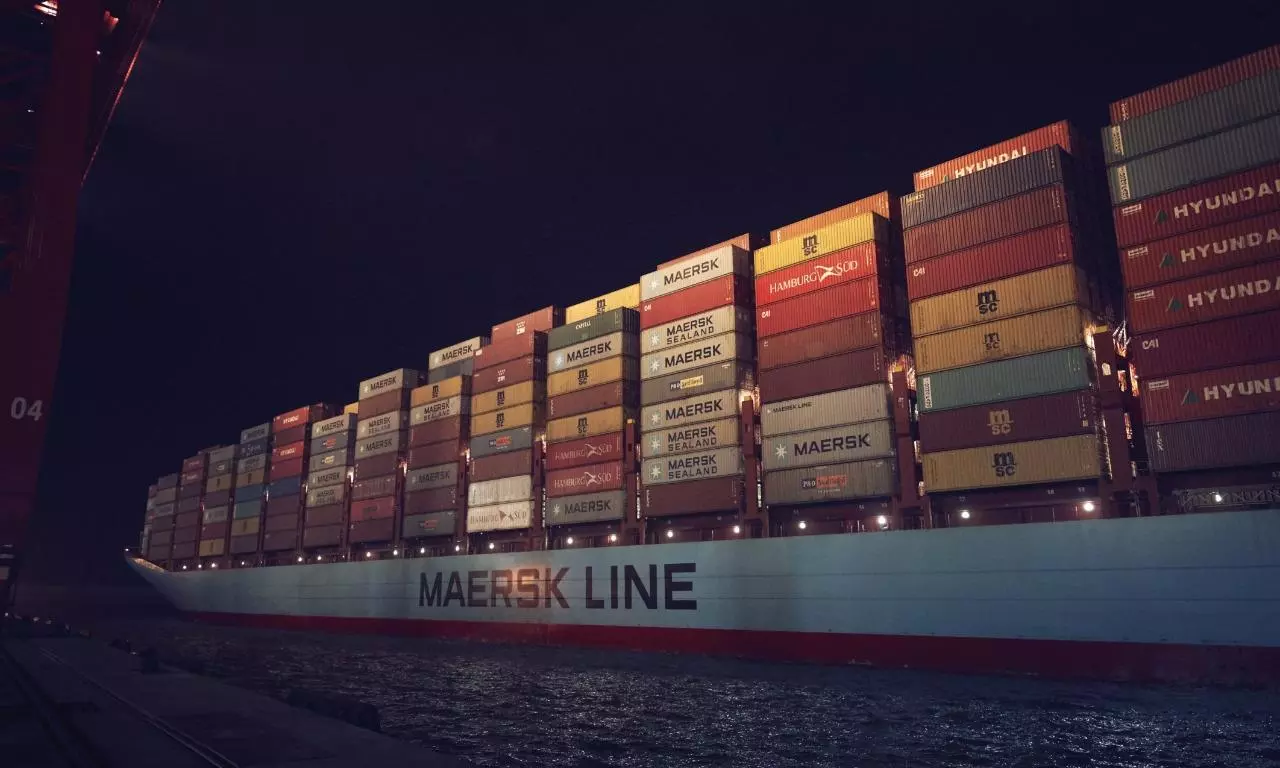Supply chain woes keep over 10% global container fleet out of market
There has been continuing improvement in overall congestion index over the past month in Europe

While 10.5 percent of the global fleet is still unavailable due to supply chain delays, it has dropped from 13.8 percent in January. "This means that 3.3 percent of the global fleet has been released back into operation from January to April," according to the latest data from Sea-Intelligence.
As shown in figure 1, CCFI freight rates are highly correlated to the capacity absorption rate, clearly showing how this loss of capacity is the most important factor in the ongoing crisis.
"It appears that the capacity absorption has acted as a leading indicator for rate developments, since the congestion problems began in earnest during late 2020."
Mixed indicators from terminal congestion index
Sea-Intelligence has been using the bi-weekly customer advisories from HMM to calculate the terminal congestion index. "In North America, the index has been gradually increasing since reaching an apex of a little over 80 percent in January 2022 but still remains at a highly elevated level."
"What is interesting to note is that in Europe, there has been continuing substantial improvement in the overall congestion index over the past month – although it should also be noted that despite the very visible decline, the level of congestion is still very high, compared with pre-pandemic normality."
On a port level, improvements are seen in Spain, Italy, and Greece while there are no major improvements in Rotterdam and Hamburg, the report added.
Schedule reliability continues to be down
Global schedule reliability declined 1.3 percentage points M/M in April 2022 and was down Y/Y by -4.7 percentage points. "This means that the 2022 score has been slightly below the 2021 level in each of the first four months.
The average delay for LATE vessel arrivals decreased once again, this time by -1.04 days to 6.41 days in April 2022. This is the first time that the delay figure has dropped below the 7-day mark since August 2021. That said, it continues to be the highest across each month when compared historically."
With schedule reliability of 47.5 percent, Maersk was the most reliable carrier in April 2022, followed by Hamburg Süd with 42.5 percent.
There were six carriers with schedule reliability of 30-40 percent and six with schedule reliability of 20-30 percent.



